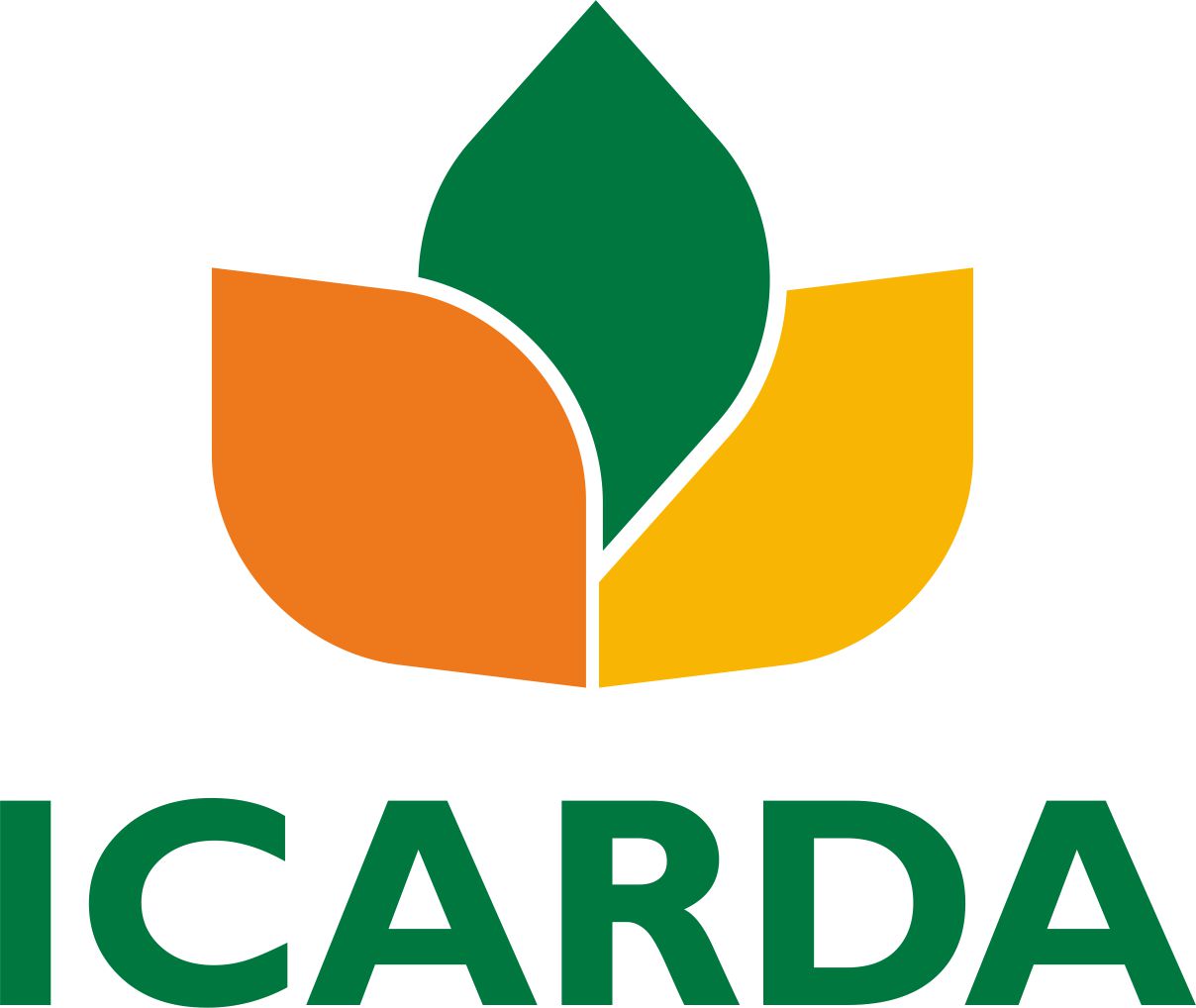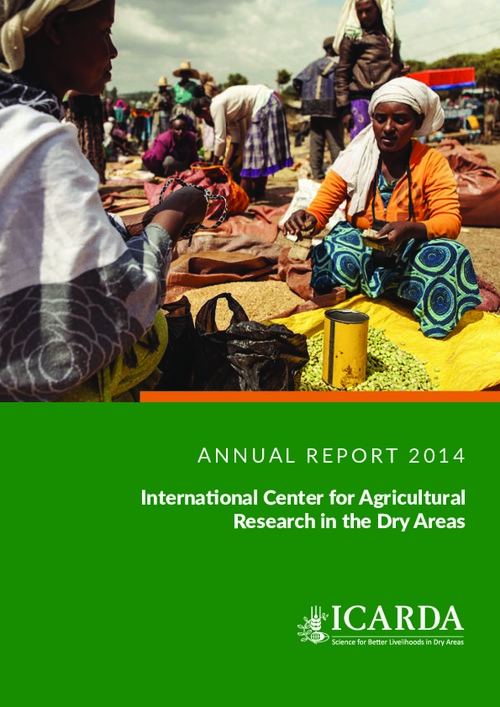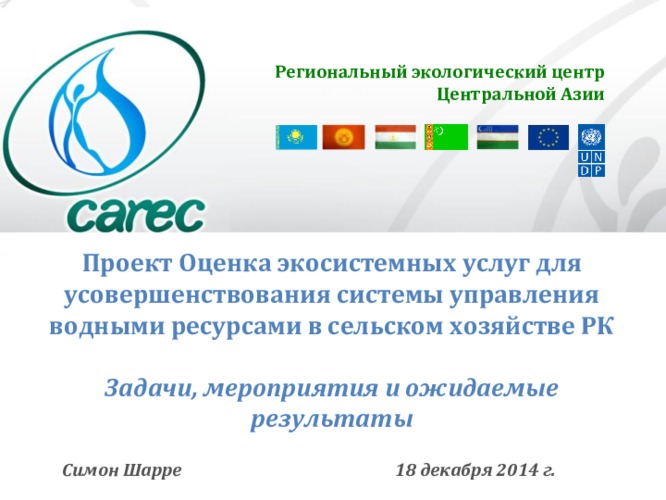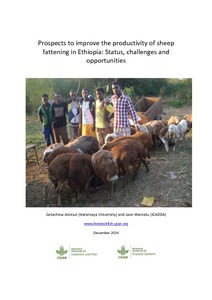Location
The International Center for Agricultural Research in the Dry Areas (ICARDA) was established in 1977. It is one of 15 such centers supported by the CGIAR. ICARDA’s founding mandate to promote agricultural development in the dry areas of developing countries remains highly relevant today.
ICARDA works with a tight focus on the problem-solving needs of resource-poor farmers, achieving this through the in-field delivery of its research outputs. Although global food production has increased by 20 per cent in the past decade, food insecurity and poverty remain widespread, while the natural resource base continues to decline.
International research centers such as ICARDA, which have helped drive previous improvements, continue to deliver new technologies to support sustainable growth in agriculture, and crucially, to work with a wide range of partners to accelerate the dissemination of these technologies.
ICARDA’s biggest strength is its staff – 600 highly skilled men and women from 32 countries. Our research and training activities cover crop improvement, water and land management, integrated crop-livestock-rangeland management, and climate change adaptation.
Other interventions include:
- Water harvesting - supplemental irrigation and water-saving irrigation techniques
- Conservation agriculture methods to reduce production costs and improve sustainability
- Diversification of production systems to high-value crops – horticulture, herbal and medicinal plants
- Integrated crop/rangeland/livestock production systems including non-traditional sources of livestock feed
- Empowerment of rural women – support and training for value-added products.
The ICARDA genebank holds over 135,000 accessions from over 110 countries: traditional varieties, improved germplasm, and a unique set of wild crop relatives. These include wheat, barley, oats and other cereals; food legumes such as faba bean, chickpea, lentil and field pea; forage crops, rangeland plants, and wild relatives of each of these species.
ICARDA’s research portfolio is part of a long-term strategic plan covering 2007 to 2016, focused on improving productivity, incomes and livelihoods among resource-poor households.
The strategy combines continuity with change – addressing current problems while expanding the focus to emerging challenges such as climate change and desertification.
We work closely with national agricultural research systems and government ministries. Over the years the Center has built a network of strong partnerships with national, regional and international institutions, universities, non-governmental organizations and ministries in the developing world and in industrialized countries with advanced research institutes.
THE ‘DRY AREAS’
Research and training activities cover the non-tropical dry areas globally, using West Asia, North Africa, Central Asia and the Caucasus as research platforms to develop, test, and scale-out new innovations and policy options.
Dry areas cover 41 per cent of the world’s land area and are home to one-third of the global population. About 16 per cent of this population lives in chronic poverty, particularly in marginal rainfed areas. The dry areas are challenged by rapid population growth, frequent droughts, high climatic variability, land degradation and desertification, and widespread poverty. The complex of relationships between these challenges has created a "Poverty Trap."
Members:
Resources
Displaying 286 - 290 of 431ICARDA Annual Report 2014
2014 went on record as the hottest year ever measured, a telling sign that climate change is already here. The agriculture sector is predicted to take the heaviest toll, with the hardest hit being smallholder farmers in developing countries, particularly in dry areas. With rising temperatures and greater stress on water resources, agricultural productivity is set to experience a substantial decline. Yet against these odds, we need to produce progressively more to feed a rapidly growing world population.
Agenda_Inception and Training Workshop 23 - 25 February 2015 Antalya, Turkey
An Assessment of the Economics of Land Degradation for Improved Land Management in Central Asia
Inception and Training Workshop
23 - 25 February 2015
Antalya, Turkey
Processes Determining the Sequestration and Maintenance of Carbon in Soils: A Synthesis of Research from Tropical India
Soil organic carbon (SOC) is the major determinant of soil quality, and it greatly influences global carbon cycling and climate change. This paper is a synthesis of the literature on soil carbon research in India, including soil organic and inorganic carbon stocks, in the form of thematic maps for national and regional level planning at bioclimatic systems and agroecological subregion levels in the country. The potential role of soils in mitigating the global warming effects of atmospheric CO 2 is discussed using results from Indian tropical soils.
Проект Оценка экосистемных услуг для усовершенствования системы управления водными ресурсами в сельском хозяйстве РК
Presentation on Project Assessment of Ecosystem Services for Improving the System of Water Resources Management in Agriculture of Kazakhstan.







